How much do you remember from your high school physics class? It’s OK if the answer is not a lot. But there’s one physics property that can increase your breathability and keep your lungs protected — electrostatics.
Confused? Don’t worry, we’ll explain.
Remember when you would rub a balloon on your head and your hair would stick up? That’s electrostatic technology, and it’s why the F3 Filter is our most breathable filter.
Like the F1 Filter, the F3 has layers of cotton, active carbon, and polypropylene to capture up to 99% of airborne particulates down to .1 micron. The F3 also has a fifth layer of electrostatic microfiber that attracts and sticks to the smallest particles like your hair sticks to a balloon.

How does the electrostatic layer work?
Here is where those high school physics lessons come in handy.
The term electrostatic technology basically means something that uses static electricity. When air flows through an electrostatic air filter, it generates electrical charges in the filter.
When the particles in the air (dust, allergens, dander) pass through that part of the filter, they take with them the electrical charges. This is called ionization.
The particles then pass through another part of the filter with an opposite charge. Like with a magnet, opposites attract. Those particles are stuck to the filter (a process called collection), and the clean air passes through.
See, we told you physics would come in handy.
How does electrostatic technology make the F3 Filter more breathable?
Traditional filters keep you from breathing air particles by physically blocking and trapping them with tightly woven fibers. This process does not allow for much room for clean air to pass through, making breathing more difficult.
Because the electrostatic fibers attract particles to them, they can be spaced out a bit more. The larger space between fibers means clean air can pass through easier, and you are better able to breathe.

Is an electrostatic filter just as effective as a traditional one?
Yes! Like our F1 Filter, the F3 is laboratory tested to be 99% effective at capturing dust, dirt, pollen, mold spores, allergens, and bacteria down to .1 micron. The active carbon layer removes odors and other gases you don’t want to breathe.
And because it’s up to 50% more breathable, the F3 Filter is perfect for high-intensity jobs with lots of dust, fumes, odors, smoke, and pollen.
SOURCE:


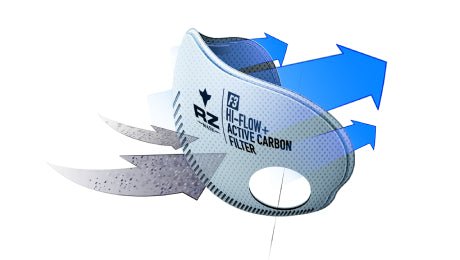
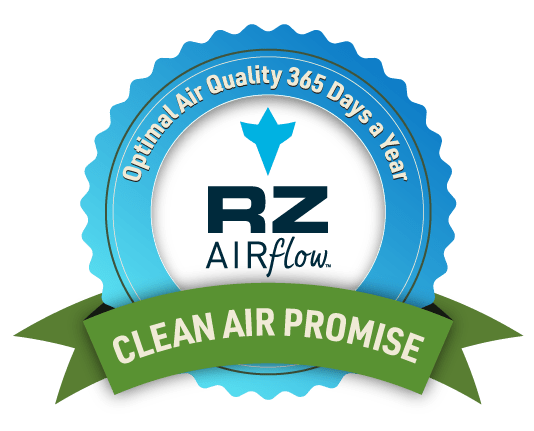
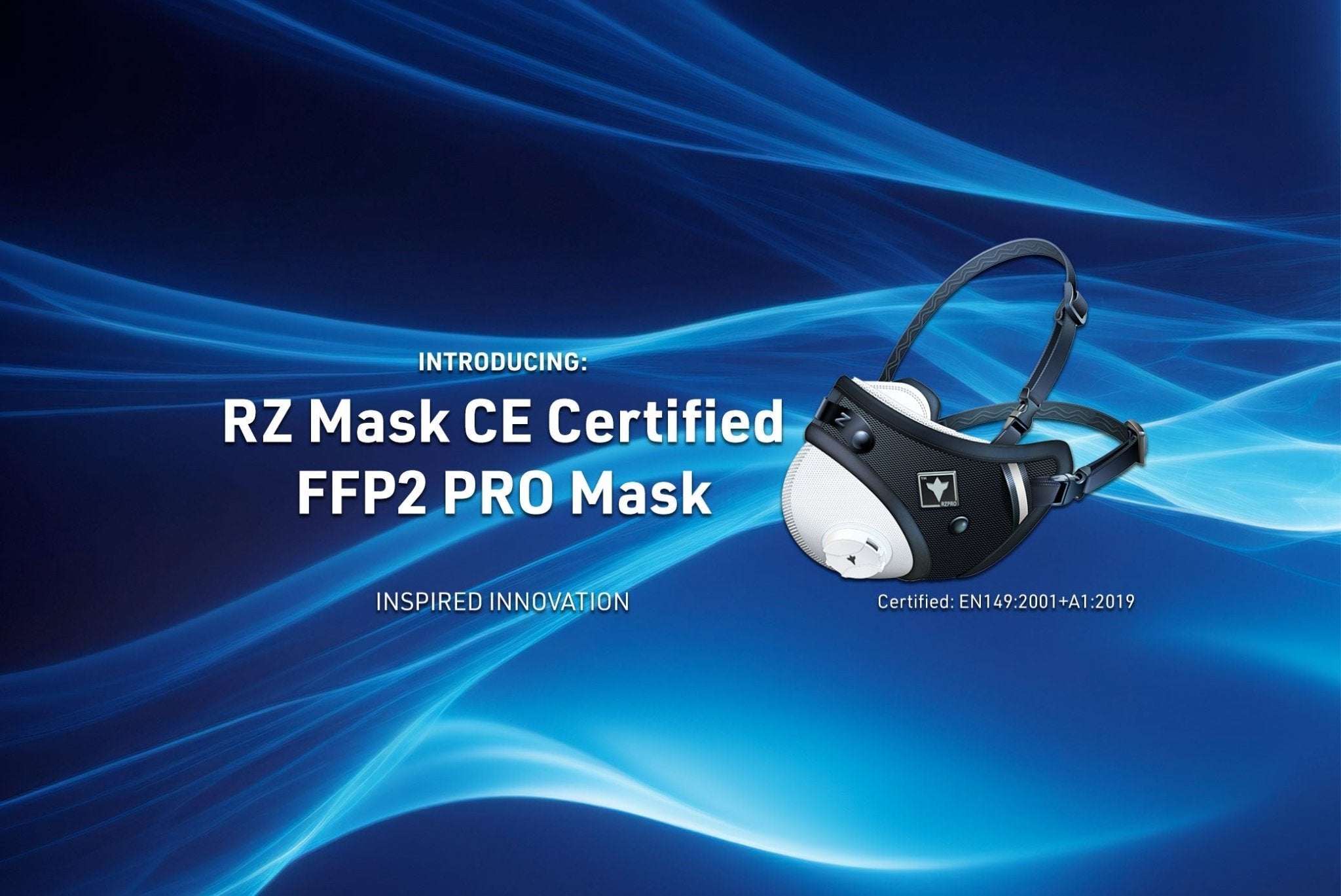

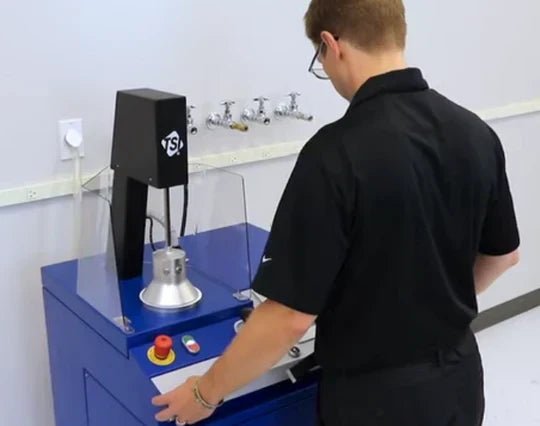
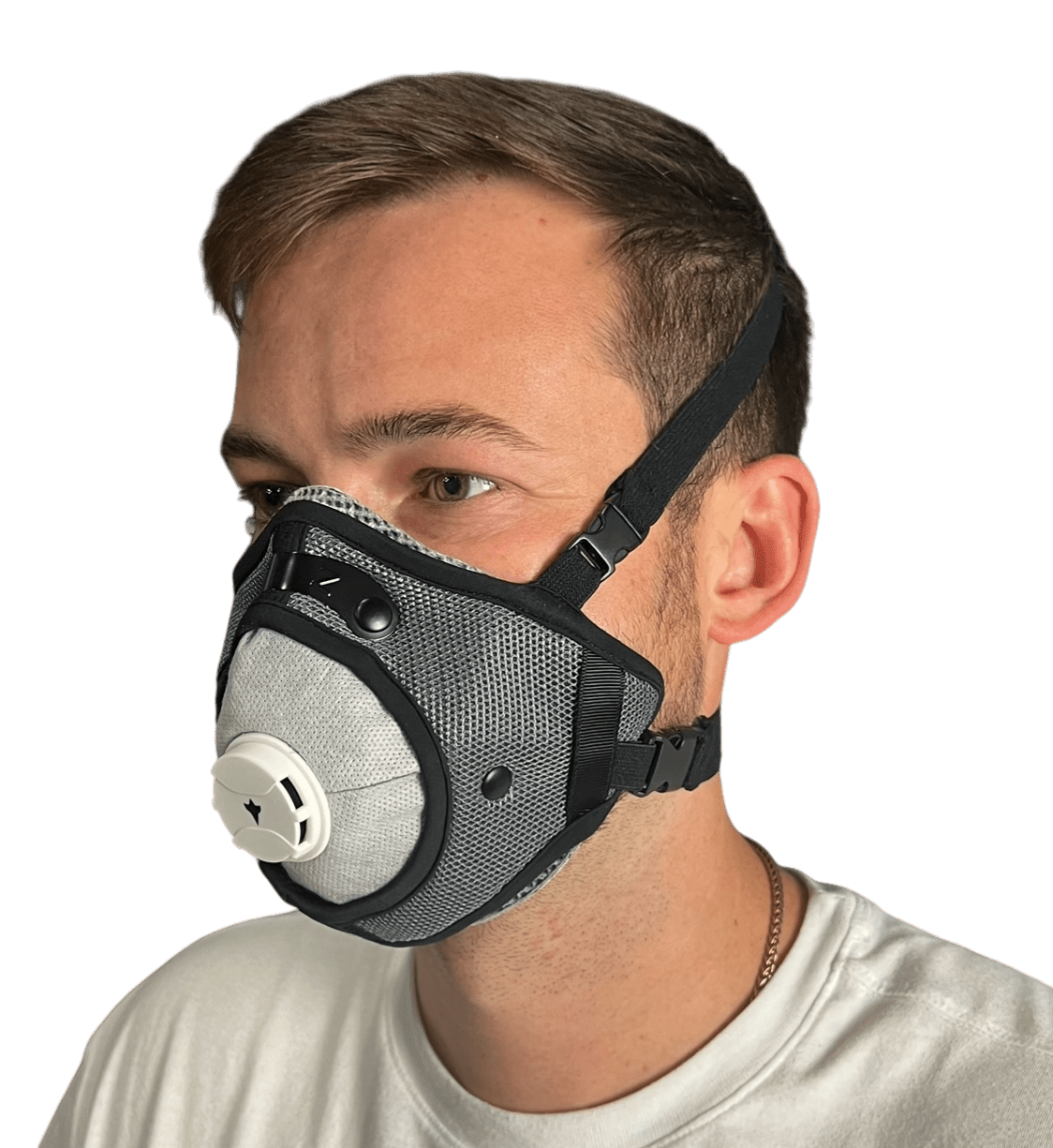
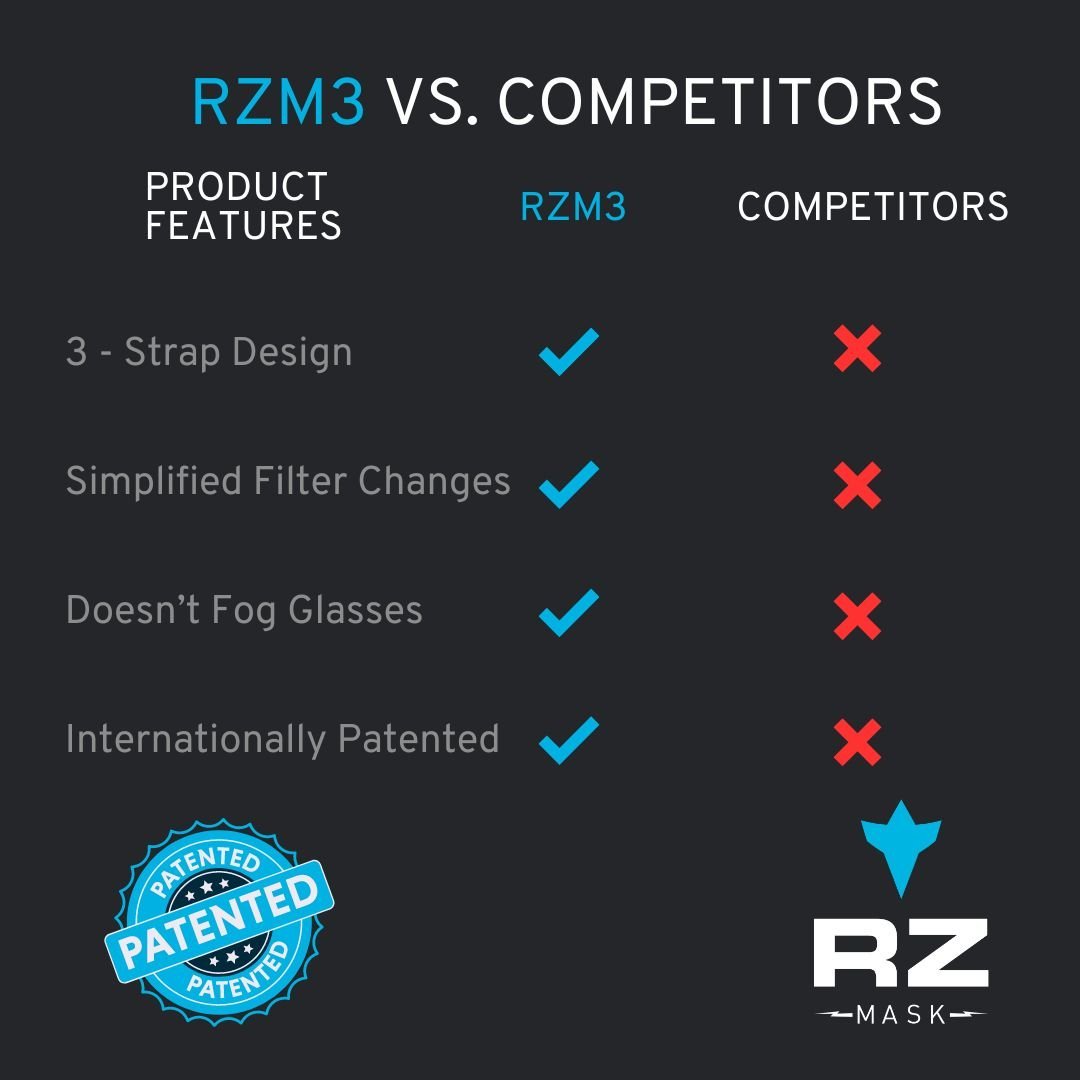
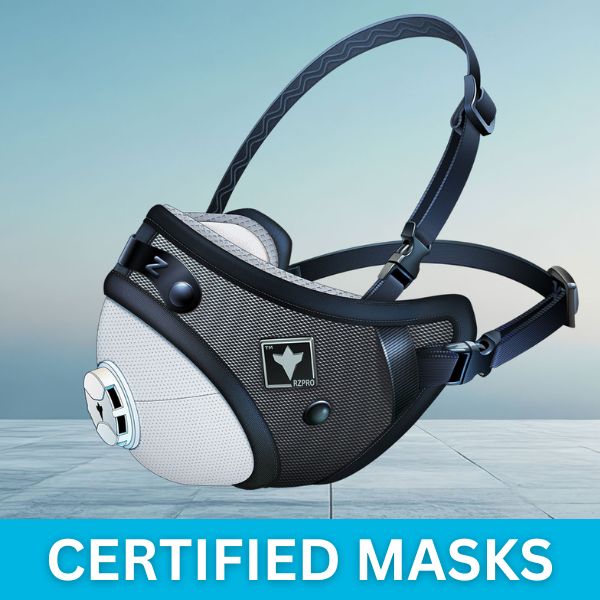

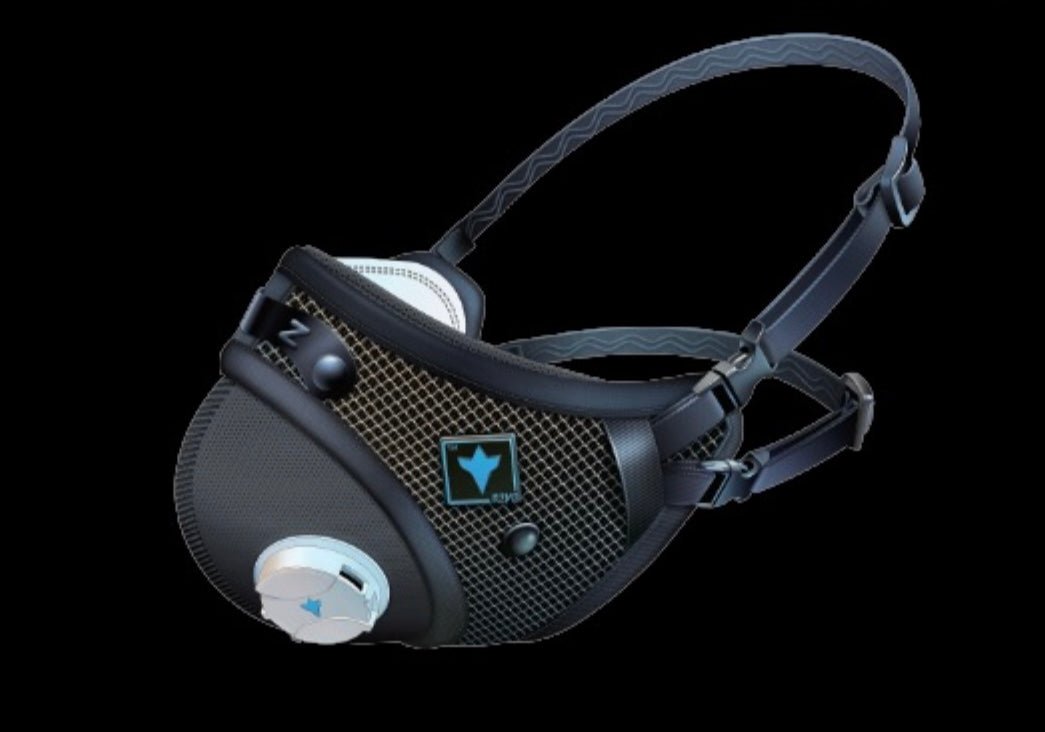
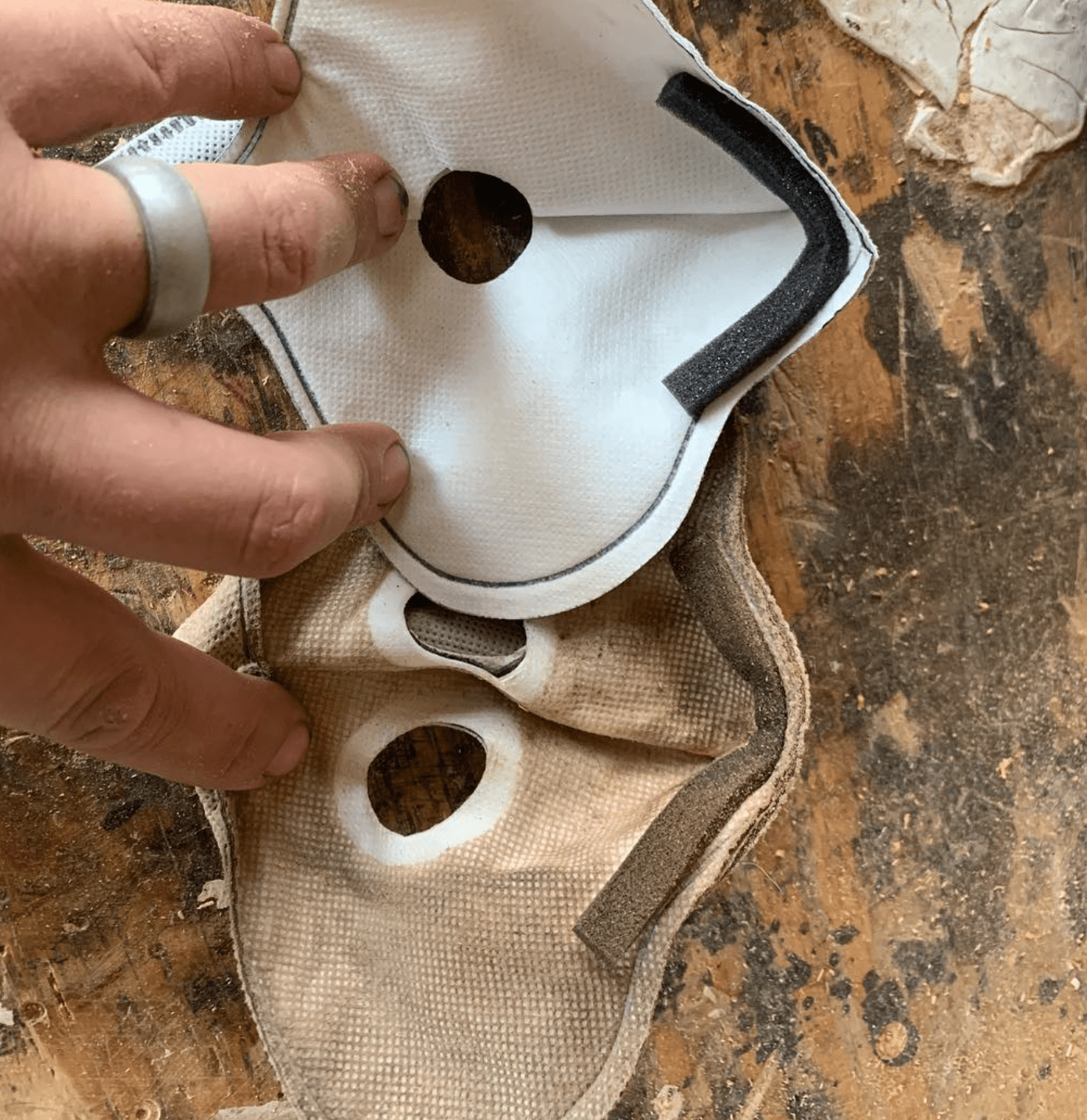
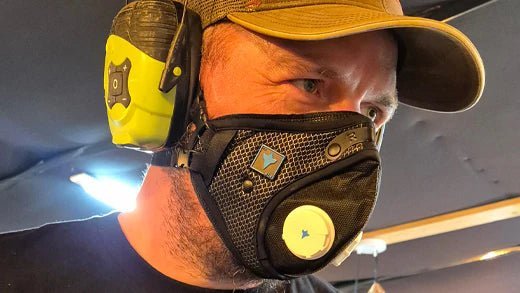

Behind the Mask: Char Miller-King of @Woodenmaven
Personal Health: How to Breath Safely During Wildfire Season